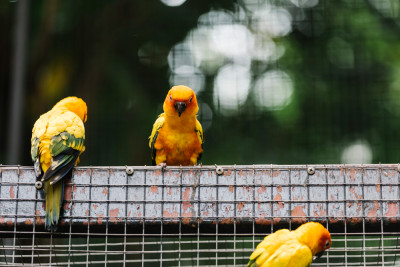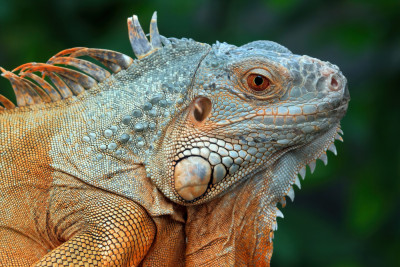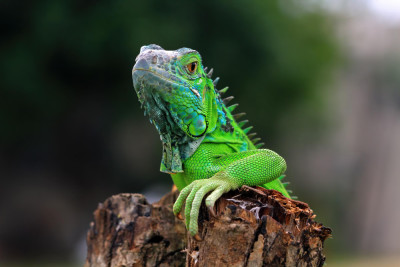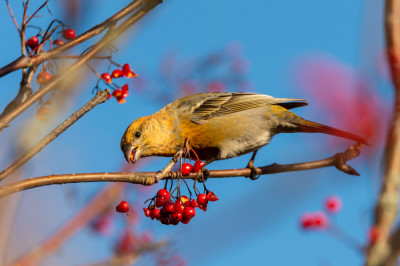1. Budgerigar (Budgie)
Budgerigars are small parakeets known for their colorful plumage and playful nature.
-
Diet: Budgies require a balanced diet consisting of high-quality budgie seed mix, pellets, and fresh fruits and vegetables. Offer a variety of fruits like apples, grapes, and leafy greens such as kale and spinach.
-
Calcium: Provide a calcium source, such as a cuttlebone, to support their bone health.
-
Protein: Budgies need sufficient protein for muscle development. Include small portions of cooked egg or legumes like lentils in their diet.
2. Cockatiel
Cockatiels are affectionate and sociable parrots with striking crests.
-
Diet: A balanced diet for cockatiels includes a cockatiel seed mix, pellets, and a variety of fresh vegetables and fruits. They particularly enjoy foods like carrots, sweet potatoes, and broccoli.
-
Vitamin A: Cockatiels are prone to vitamin A deficiency, so provide foods rich in this vitamin, such as dark leafy greens and carrots.
-
Cuttlebone: Like budgies, cockatiels benefit from a cuttlebone for calcium.
3. Lovebird
Lovebirds are small parrots known for their strong pair bonds and playful personalities.
-
Diet: Lovebirds require a mix of seeds, pellets, and fresh foods like fruits and vegetables. Offer items like bell peppers, strawberries, and leafy greens.
-
Variety: Lovebirds appreciate variety in their diet, so rotate their food offerings regularly to keep them interested.
4. Cockatoo
Cockatoos are larger parrots known for their striking crests and playful personalities.
-
Diet: Cockatoos need a well-balanced diet consisting of a quality parrot pellet mix, seeds, and fresh vegetables like broccoli, carrots, and peas. Fruit, such as apples and oranges, can be offered in moderation.
-
Protein: These parrots benefit from a source of protein, such as lean cooked meat, cooked eggs, or legumes.
5. African Grey Parrot
African Grey parrots are renowned for their intelligence and exceptional talking abilities.
-
Diet: African Greys require a diet based on high-quality parrot pellets, supplemented with fresh vegetables like sweet potatoes, kale, and carrots. Fruits like berries and papaya can be provided occasionally.
-
Calcium: Ensure they have access to calcium-rich foods like almonds, almond butter, and sesame seeds.
6. Finch
Finches are small, social birds known for their melodious songs.
- Diet: Finches should be offered a high-quality finch seed mix, fresh water, and the occasional treat of leafy greens like lettuce and spinach. They may also enjoy small amounts of egg and cooked rice.
7. Canary
Canaries are admired for their vibrant plumage and melodious songs.
- Diet: Canaries thrive on a quality canary seed mix, fresh water, and occasional treats of leafy greens like spinach and romaine lettuce. They also enjoy small amounts of soft fruits like apple and pear.
Conclusion
Understanding the nutritional needs of your pet birds is crucial for their overall health and longevity. A balanced diet that includes high-quality seeds, pellets, fresh fruits, and vegetables is key to ensuring your feathered friends receive the essential nutrients they require. Additionally, providing variety in their diet and monitoring their intake can help prevent nutritional deficiencies and promote their well-being. Always consult with an avian veterinarian for specific dietary








